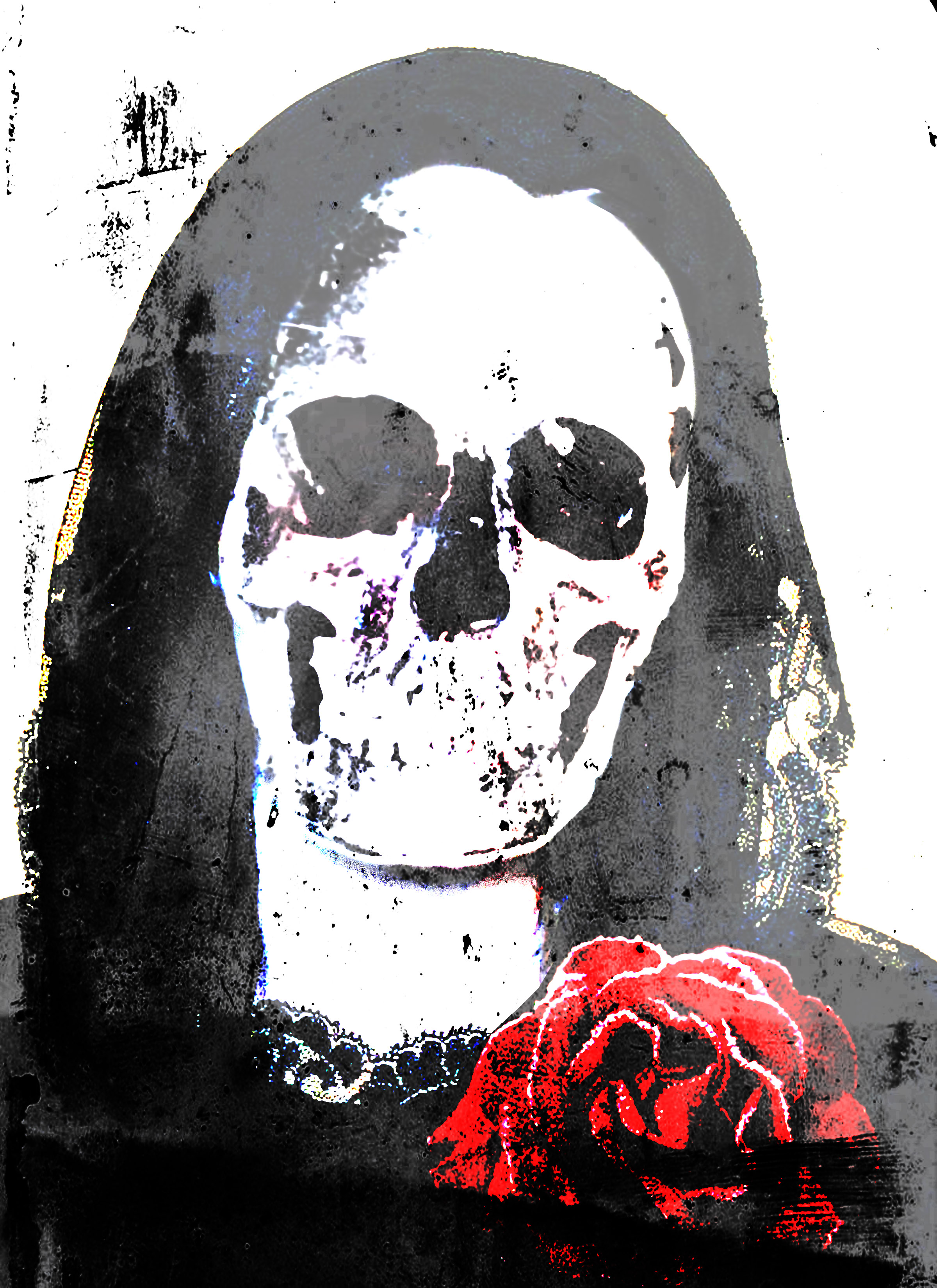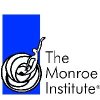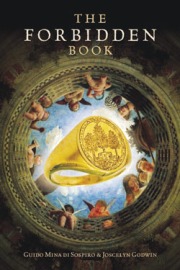Robert Monroe interviewed on WPIX San Francisco for his publication of Journey’s Out of the Body.
Curious about Santa Muerte?

The Eyeless Owl
- The Eyeless Owl focuses on those fecund and fruitful interstices where fact and fiction commingle to recreate the world. Join us in our active exploration of the outer edges of society and mind.
A Simple Question…
From our friends at Red Wheel/Weiser
-
Recent Posts
- Residual Transmissions – A Radio Play Starring the Cold War Ghosts of North Georgia
- The Georgia Guidestones Expedition – Exploring America’s Nuclear Dreamspace
- Reflections on Wikipedia from Russell Targ
- Remote Viewing, Reality, and the Human Condition: Reflections on a Weekend with Russell Targ
- “Till immersed in that mighty ocean”: Perils of Awakening in a Universe of Hungry Ghosts
- Friends of The Eyeless Owl












Archives
- May 2014
- April 2014
- March 2014
- February 2014
- November 2013
- October 2013
- September 2013
- July 2013
- May 2013
- April 2013
- January 2013
- November 2012
- October 2012
- September 2012
- August 2012
- July 2012
- June 2012
- April 2012
- March 2012
- February 2012
- September 2011
- August 2011
- July 2011
- June 2011
- May 2011
- April 2011
- March 2011
- February 2011
- January 2011
- December 2010
- November 2010
- October 2010
- August 2010
- July 2010
- June 2010
- May 2010
- April 2010
A Serious Inquiry into the Vulgar Notion of Nature
Our Other Exploits
Sublimate Your Errant Time
- Ad Astra, Et Cetera
- Avalonian Aeon – Blog Talk Radio
- Avalonian Aeon Publications
- Cold Albion
- Edge of Tomorrow
- Evolutionary Landscapes
- Free Music Archive
- George P. Hansen
- HiLoBROW
- Library ad Infinitum
- Metalhead Takes the Square
- Modern Mythology
- Mystery Theater
- Mystical Inklings
- Noun/Verb
- Occult of Personality
- Single Eye Movement
- Techgnosis
- The Absent Narrative
- The Gold Root
- The New Post Literate
- The Revealer
- The Valentines
- Ubuweb
- Weaponized
Categories
Stay in Touch

 Oh Light, Eric Lindley’s latest album as
Oh Light, Eric Lindley’s latest album as  As the media pushes its picture of a world sunk in consumption, all too often artists fall into the role of mediators for the sale. This is nothing new, the roots of popular blues, jazz and country music spend some time in the muddy waters of the traveling Medicine Shows, and artists have always been called upon to provide the motivation for the populace to interact with their controlling interests. What has changed is the technology that makes this possible, and the reach these messages are able to achieve.
As the media pushes its picture of a world sunk in consumption, all too often artists fall into the role of mediators for the sale. This is nothing new, the roots of popular blues, jazz and country music spend some time in the muddy waters of the traveling Medicine Shows, and artists have always been called upon to provide the motivation for the populace to interact with their controlling interests. What has changed is the technology that makes this possible, and the reach these messages are able to achieve.
 “All the stars are on the inside…”
“All the stars are on the inside…”

